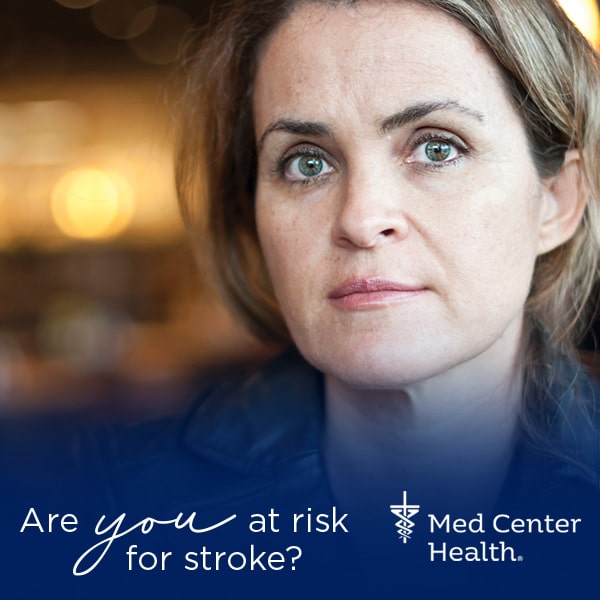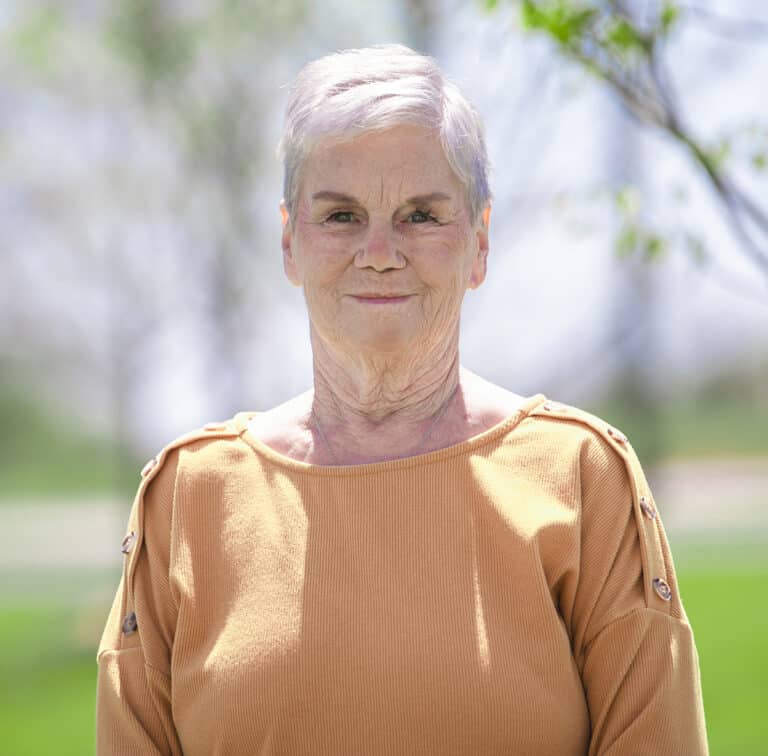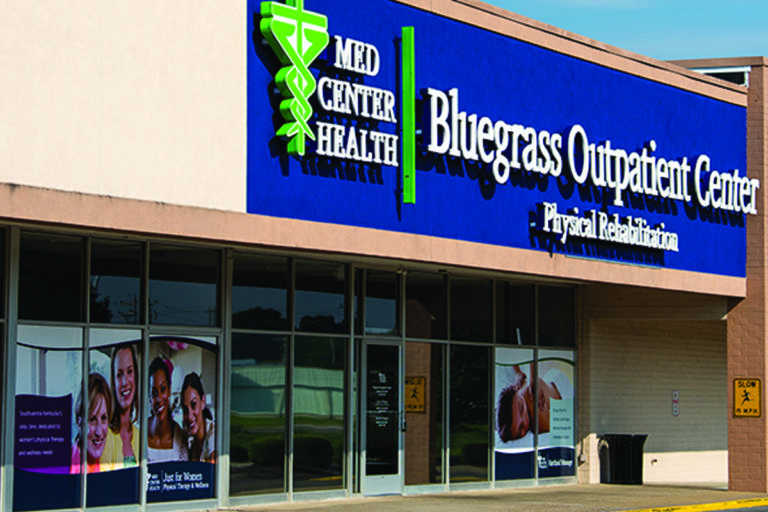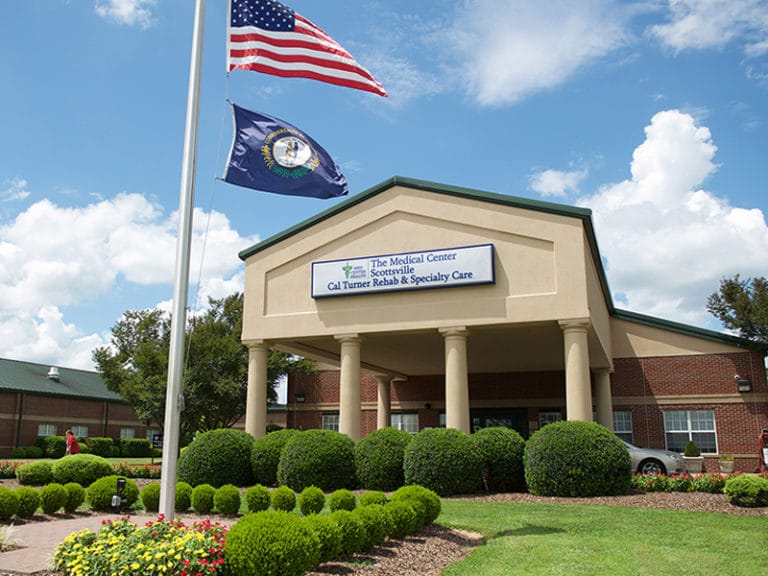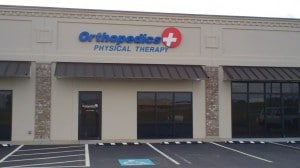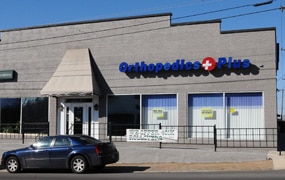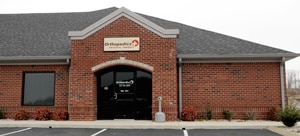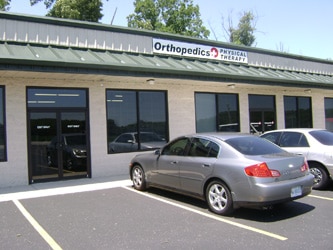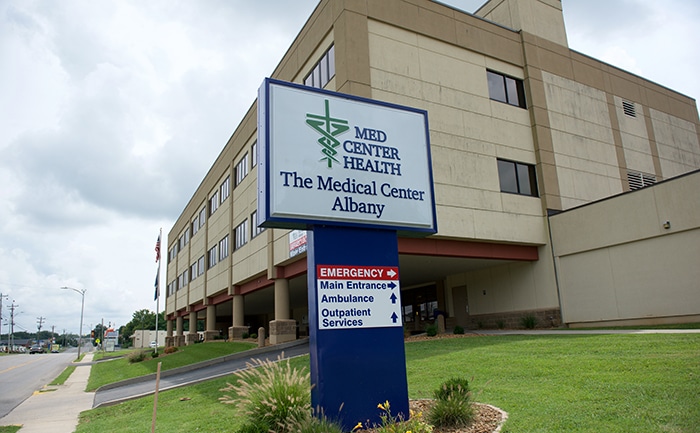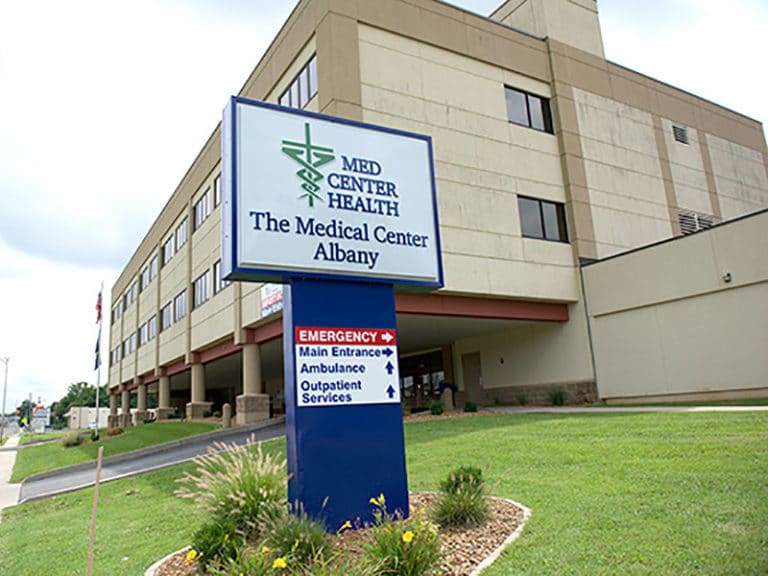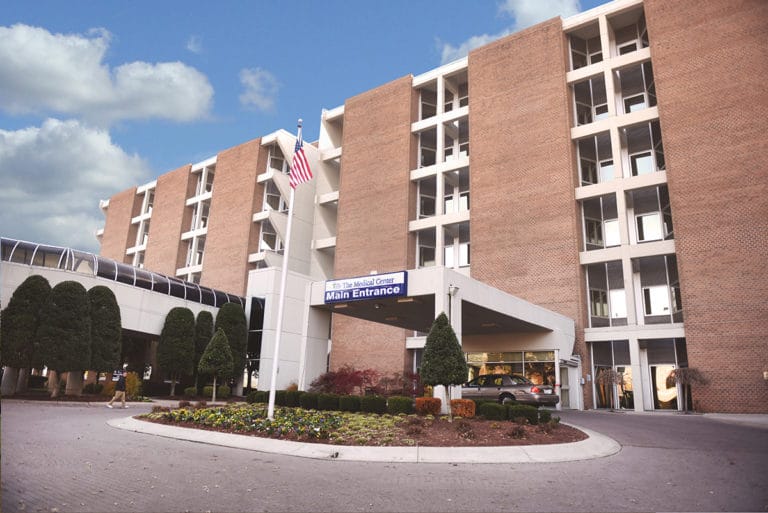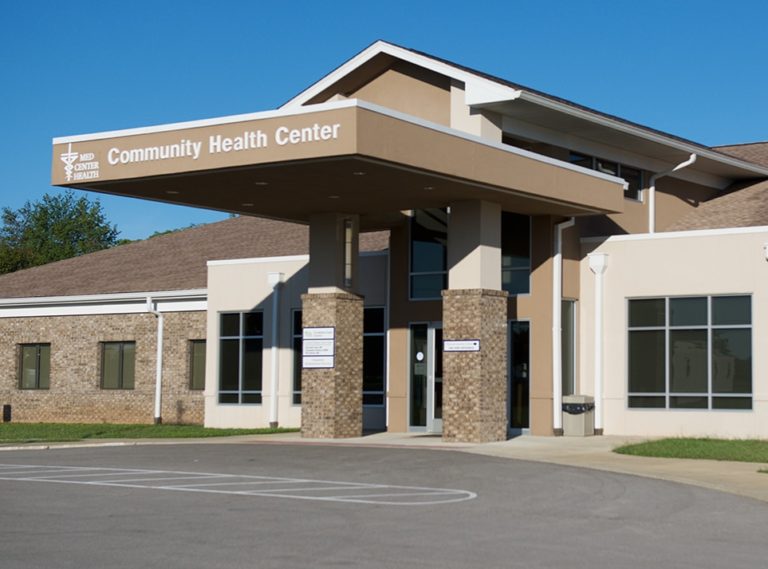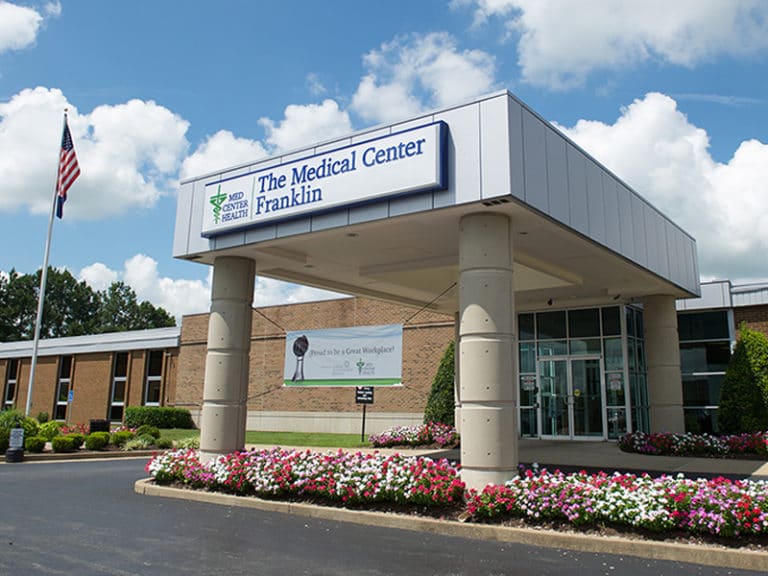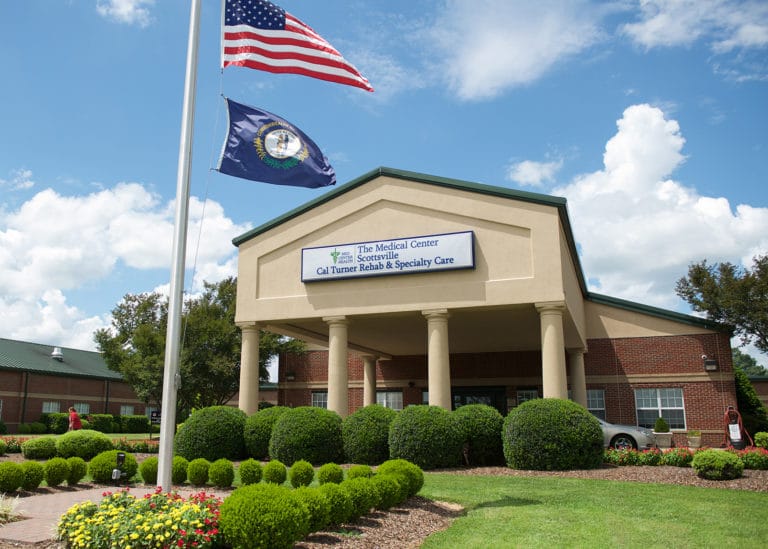Stroke Care
Med Center Health’s highly-trained healthcare professionals use the latest technology to diagnose symptoms as quickly as possible to get stroke victims the help they need. Our multidisciplinary stroke team is led by board-certified neurologists and includes neurosurgery, emergency medical services (EMS), ER physicians and nurses, diagnostic imaging, neurodiagnostics, critical care and specialty nurses, rehabilitation therapists, lab, respiratory therapists, pharmacists, dietitians, care coordinators, and social workers.
Because of our demonstrated commitment to excellence in providing stroke care, The Medical Center at Bowling Green Stroke Program has received Primary Stroke Center Certification and The Medical Center at Franklin has received certification as an Acute Stroke Ready Hospital by the Joint Commission. Med Center Health is committed to providing evidence-based stroke care based on the Brain Attack Coalition and the American Heart Association/American Stroke Association’s statements and guidelines for stroke care.
The Medical Center at Bowling Green is a member of the Norton Healthcare/UK HealthCare Stroke Care Network.
Stroke Symptoms Demand FAST Intervention
Knowing the signs of stroke, also called a brain attack, can save a life. In case of stroke, can you “BE-FAST?”
- Balance – Have they fallen? Are they dizzy or clutching at something to steady themselves?
- Eyes – Is there a sudden loss of vision or blurring in one or both eyes?
- Face – Is one side of the face drooping or does the face look uneven?
- Arms – Is one arm weak or numb? Do they have difficulty lifting an arm?
- Speech – Is speech slurred or confused?
- Time – If you see any of the symptoms above, call 9-1-1 now! If you can, make note of the time you first noticed the symptoms start.
Most strokes can be prevented by following American Heart Association and American Stroke Association recommendations. To minimize your risk for stroke, take these steps:
- Control blood pressure – High blood pressure is the number one cause of stroke. Your primary care physician or our Health & Wellness can help you monitor your blood pressure.
- Manage cholesterol – For most people, the combined HDL (good cholesterol) and LDL (bad cholesterol) should fall below 200. Talk to your doctor about how to improve your numbers if they are out of range. If you need a primary care physician, visit our Find a Provider page.
- Make healthy lifestyle changes – Quit smoking, eat a balanced diet full of fruits, vegetables, and whole grains, limit alcohol use and exercise daily. Med Center Health offers a variety of classes and programs to help you live healthy.
- Control Diabetes – People with diabetes are twice as likely to have a stroke. Monitor your blood sugar levels and take steps to control your diabetes. The Medical Center Diabetes Education Program can help.
- Manage AFib – People with AFib have a five-times greater risk of stroke. Work with your heart care specialist to properly manage your AFib.
While the following are out of your control, they are important in determining your risk.
- Age – risk doubles for each decade past 55 years old
- Sex – younger men and older women are at highest risk
- Family History – immediate family history of stroke increases your risk by 50%
- Race – African Americans are more impacted by stroke than any other racial group
- Prior Stroke – about 25% of strokes that occur each year are recurrent events.
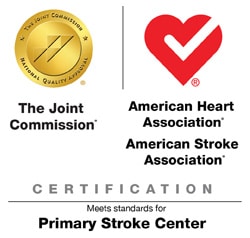
Stroke in Women
“I never thought I was having a stroke”
September 12, 2022, started like any other day for Darlene Neal, RN, Acute Care nurse with The Medical Center at Caverna in Horse Cave. But as the day went on, she started having trouble with her vision. The computer she was working on seemed fuzzy and she just felt off. Read more about Darlene’s experience with stroke.
See MoreSee More